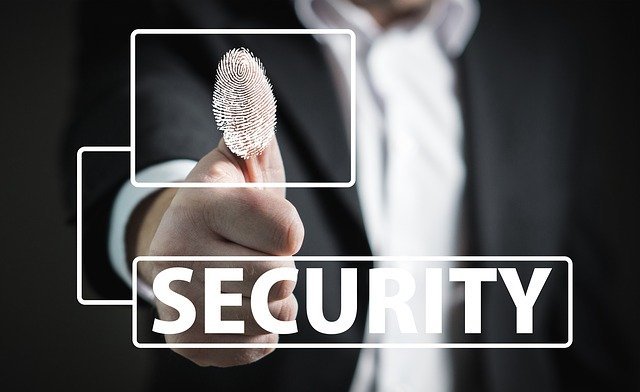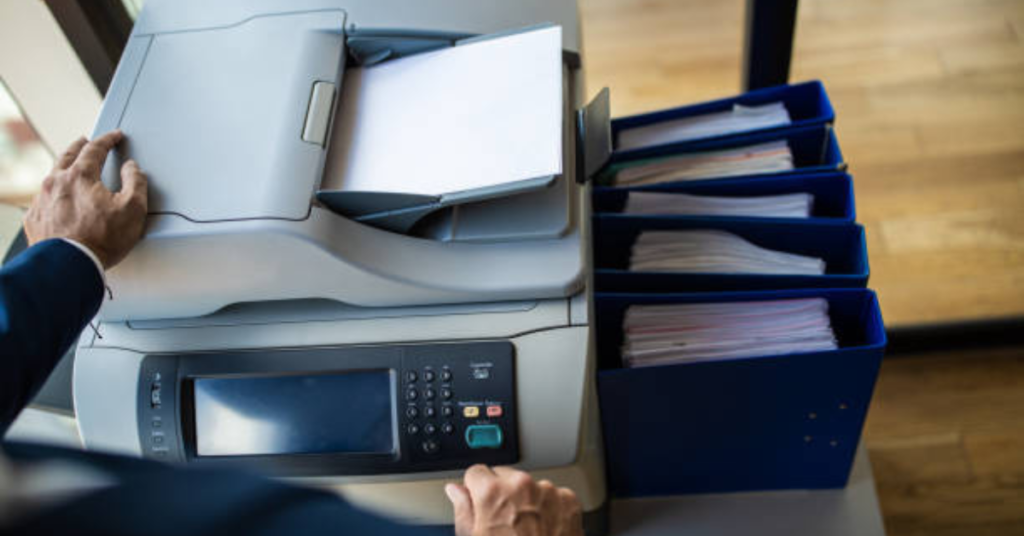Things to Know About Password Security
This week, President Donald Trump sparked outrage in the security world by declaring that “nobody gets hacked” in an online video. In the widely-shared video, Trump stated: “Nobody gets hacked. To get hacked, you need somebody with 197 IQ, and he needs about 15% of your password.”
This week, Donald Trump was president. Donald Trump said an attacker requires “an IQ of 197” and “about 15 percent from the population. … (+[+
GETTY
The remarks were met with anger as well as confusion and laughter. Some even suggested Trump was playing a joke. Whatever the meaning behind the remarks, they’ve stressed how important security is.
Some people are hacked, and they can steal passwords during security breaches. However, if you enhance the security of your password, then you will increase your protection from hackers.
I’ve provided four points you need to be aware of about password security to ensure you are secure.
First off all I have another best suggestion please visit here https://www.keepsolid.com/passwarden/password-checker
Passwords must be unique and should belong
The first thing to be aware of is that you must have a unique password for every service you use. If you don’t take this precaution, they may be all compromised if one of your online services is compromised. Hackers rely on those who do this. One kind of cyberattack known as Credential Stuffing can see hackers try to hack your password with multiple websites to determine if they can gain access to them.
However, there’s more than that. According to Jake Moore, the cybersecurity specialist at ESET, every password should be unique, but it should also be lengthy and complicated.
Yet, Sean Wright, Immersive Labs, the head of security for applications, SME, believes that a more complex password isn’t always going to make it more secure.
How To Protect Your Online Banking Information
He suggests that an extended security password will be the most crucial aspect. “I would recommend using passphrases to make the password longer, but easier for you (and only you) to remember. The quirkier the phrase, the better. Also substituting special characters can help strengthen the password.”
The username “smiling cats run around” could be changed to “sm1ling_cats&rUn around.”
“It does make it more difficult to remember, but it’s easier than a completely random password of 25 characters,” Wright states.
Utilize a password manager
It is recommended that you use an account manager for passwords like 1Password and LastPass to store your passwords automatically for you. Alongside helping you remember your passwords, Wright highlights another advantage-the fact that the password manager frequently integrates with security services like HasIBeenPwned to alert you if who exposed your credentials in an infamous hack.
Books on passwords: yes or not?
Password managers are pretty secure, however, a lot of people have questions about password books. They are the physical notepad in which you record your passwords to services. I’m comfortable with these. If you’re not secure enough to use the password management system, you can use a book. Make sure to keep it safe and never take it to carry around.
Moore concurs, stating that using a password book will be “better than using the same one or two passwords for every account.”
Wright agrees, however, Wright does warn that password books could be an issue in the event that someone can get into your house. Additionally: “It is wise to ensure that they are kept in a secure location so if you do have people in your house from time to time (such as a contractor working on some DIY jobs), they are unable to access it.”
He also states that the password book isn’t the best choice for someone traveling, mainly if you store it on your device that is stolen or lost.
A two-step process of verification is essential.
Two-step verification, or multi-factor and two-factor authentication–which means your password in addition to one or more other means of authentication–is the best way to keep your accounts more secure. Sometimes, this action occurs without your notice–think of the FaceID feature on Apple’s iPhone or the Touch ID feature for your iPhone.
There are different forms as well. For instance, the Yubico YubiKey is a physical security key that you can plug into your mobile device. A similar tool is an authenticator application like Authy that will generate an authentication code that you can apply to your password.
Why is it crucial to securely keep your passwords safe?
Securely storing passwords will protect your accounts from the scrutiny of those who want to take your information or even your cash. Hackers have numerous methods to break weak passwords and cause chaos in your life.
The risk of failing to store passwords securely includes:
- ID theft An identity thief who has gained access to the account of a key person may be able to access crucial personal information, from your complete name to your address and Social security numbers. The information they steal could be used to fake your identity and open credit accounts under your name or cause an issue that can require months to correct.
- The takeover of your account Hackers might be able to gain control over one or more accounts, ranging from mail to the social network. While trying to recover access, the hacker could contact your family, friends, colleagues, or even your friends to request money or even trick them out of private details.
- Loss of money Cybercriminals who gains access to your bank’s password could gain access to your account before you know that there’s an issue. The law provides federal safeguards against unauthorized transactions; however, finding a solution to the problem can take a while and could leave you in debt for months.
You can reduce the risk and keep your online life safe by learning to save your passwords and usernames safely.
How to keep your passwords safe
There are several paid and free alternatives to store your passwords securely. It’s simple to use the password manager feature in your web browser. However, an additional password manager could provide a better method to save your username and passwords for every account you have.
Browser password managers
The most popular internet browsers, such as Chrome, Firefox, and Safari, all have the option of managing passwords. It is possible to set the browser to ask you to keep your password every time you sign up for an account. You can also let the browser automatically authenticate you to your account each time.
There are advantages and negatives to using your web browser for managing your passwords.
Benefits of using a web browser to create passwords:
- Convenient. Therefore, the password manager is already available in the most popular internet browsers, so there’s no need to download or learn the new software.
- Speedy It’s straightforward to modify your settings. Just click “yes” when prompted to save your password.
- FREE -It allows you to store your passwords within your browser without using a credit card or signing an annual fee.
The cons of using a browser to use as a password manager:
- It only works with only one browser. Do you frequently switch browsers? If yes, having your password management software tied to just one browser might be a headache.
- There are fewer password generators. Your browser is likely to be able to generate secure passwords for you. However, you might be limited in options for modifying your password.
Are you not sure whether a password manager is suitable for you? A great password manager app could be the ideal place to save passwords.



